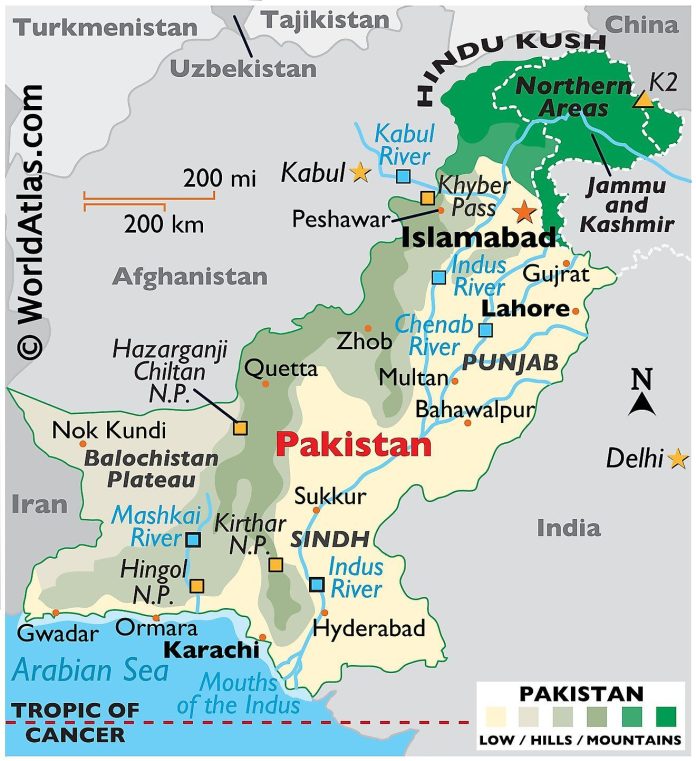Title: Pakistan’s Role in Shaping Global International Relations Dynamics
In a world that often feels like a precarious balancing act of power, alliances, and diplomacy, Pakistan stands as both a pivotal player and a complex enigma. Nestled at the crossroads of South Asia, the Middle East, and Central Asia, this country has been a silent yet significant force in shaping the contours of international relations. With its rich tapestry of history, culture, and geopolitical significance, Pakistan’s role transcends borders, influencing global dynamics through diplomacy, economic partnerships, and strategic alliances. As we navigate the intricacies of today’s global challenges—from climate change and security threats to trade networks and humanitarian crises—understanding Pakistan’s influence becomes essential. This article explores the multifaceted role Pakistan plays on the global stage, examining its historical context, current strategies, and the implications for international relations in an increasingly interconnected world.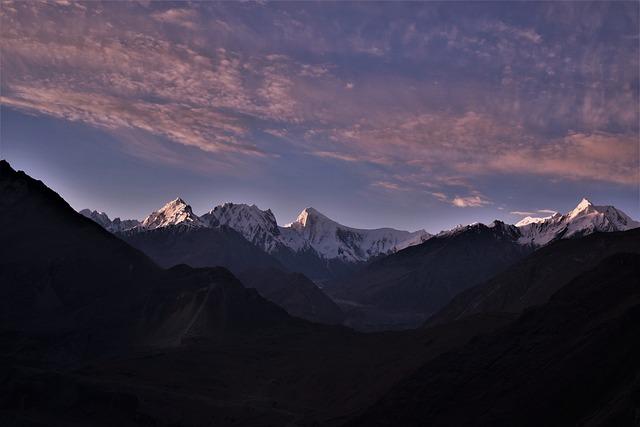
Exploring Pakistans Strategic Geopolitical Position in Global Affairs
Pakistan’s geographical positioning serves as a crucial pivot in the intricate web of global international relations. Nestled between pivotal regions—including South Asia, Central Asia, and the Middle East—it offers a strategic entry point for various powers, influencing trade routes and security dynamics. This unique locale facilitates important partnerships with both neighboring countries and global powers, enabling it to act as a corridor for economic and military engagements. Key aspects contributing to this strategic significance include:
- Geopolitical crossroads: The intersection of critical trade routes, including the China-Pakistan Economic Corridor (CPEC), enhances its role as a facilitator of regional commerce.
- Military alliances: Partnerships with major powers, especially the United States and China, shape military strategies and regional security.
- Involvement in international organizations: Active participation in groups like the Shanghai Cooperation Organization (SCO) and the Organization of Islamic Cooperation (OIC) underscores its diplomatic influence.
The interplay of regional tensions and international interests further complicates Pakistan’s position, often placing it at the center of geopolitical maneuverings. The nation’s historical relationships with Afghanistan and India are shaped by a blend of conflict, cooperation, and competing interests, which influence broader regional stability. Furthermore, Pakistan’s role in counter-terrorism efforts and peacekeeping missions adds a layer of responsibility and potential to mediate complex international issues. Key challenges and opportunities that arise from this dynamic include:
- Economic Development: Leveraging its strategic location to boost trade and attract foreign investments.
- Energy Security: Participation in regional energy projects can enhance its diplomatic leverage and economic viability.
- Environmental Challenges: Navigating climate change and its impacts on regional stability and resource allocation.
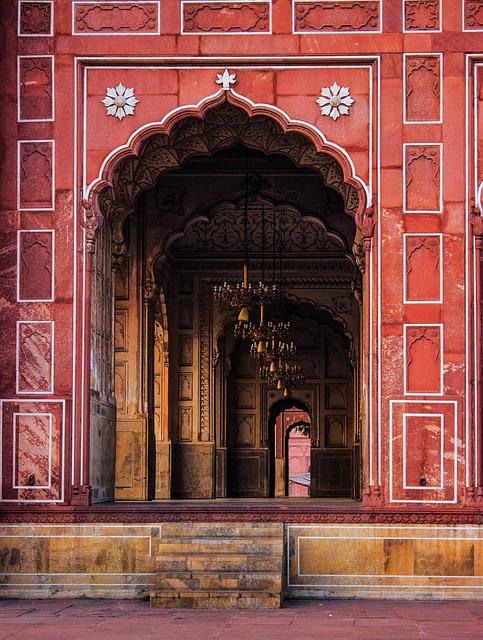
The Influence of Pakistans Foreign Policy Decisions on Regional Stability
Pakistan’s foreign policy operates as a crucial framework through which its diplomatic relations and strategic alliances contribute to the complex mosaic of regional stability in South Asia. Key decisions regarding cross-border conflicts, trade partnerships, and military alliances significantly impact the broader geopolitical landscape. For instance, Pakistan’s strategic positioning in the China-Pakistan Economic Corridor (CPEC) emphasizes its role as a conduit for investment and development, fundamentally shifting economic dynamics in the region. This initiative not only enhances Pakistan’s economic standing but also serves to bolster its ties with China, a potentially stabilizing factor in an otherwise volatile neighborhood.
The interplay between Pakistan’s foreign policy and regional security is further magnified by its engagements with neighboring India and Afghanistan. By seeking diplomatic solutions and engaging in dialogue, Pakistan aims to mitigate conflicts that could escalate into larger confrontations. Factors such as:
- Historical tensions with India
- Cross-border militant activities
- Peacekeeping initiatives in Afghanistan
These elements illustrate how Pakistan navigates a multifaceted environment, crafting a foreign policy that aspires to foster not only national security but also collective regional stability. Ultimately, the decisions made by Pakistan on these fronts reverberate throughout the region, influencing not just its immediate neighbors, but also the global powers vying for influence in South Asia.
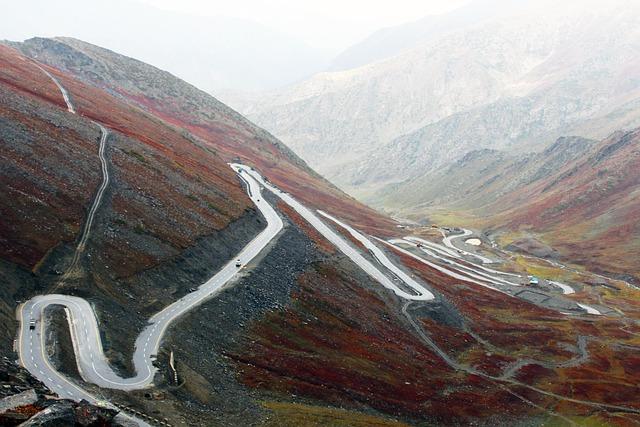
Harnessing Pakistans Economic Potential to Foster International Partnerships
As Pakistan navigates the complexities of the global economy, its strategic location and growing market present numerous opportunities for fostering international partnerships. By tapping into its abundant natural resources and youthful workforce, the nation can turn itself into a hub for investment and commerce. This potential can be harnessed through initiatives that promote bilateral trade agreements and collaborative projects with countries across the globe. Some key sectors ripe for investment include:
- Renewable Energy: Solar and wind projects can attract international expertise and financing.
- Information Technology: Tech startups can thrive through global partnerships.
- Agribusiness: Modern farming practices can integrate foreign agricultural technologies.
The economic landscape of Pakistan also benefits from infrastructural investments, bolstering connectivity and trade routes. By implementing developments in transportation and logistics, the country can streamline the movement of goods, enhancing its role as a gateway between South Asia, the Middle East, and beyond. Collaborations can take shape through:
| Collaboration Area | Potential Partners | Benefits |
|---|---|---|
| Infrastructure Development | China, UAE | Improved logistics, job creation |
| Technology Transfer | USA, Germany | Skill enhancement, innovation boost |
| Tourism Promotion | EU Countries, Malaysia | Increased foreign exchange, cultural exchange |
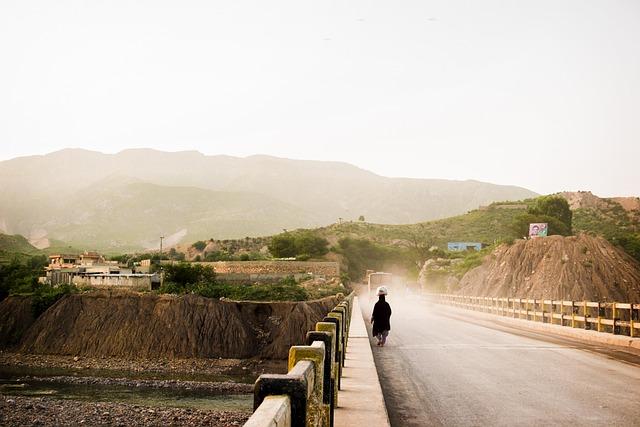
Recommendations for Enhancing Pakistans Role in Multilateral Diplomacy
To amplify its impact within the realm of multilateral diplomacy, Pakistan can adopt several strategic approaches that not only enhance its visibility but also reinforce its credibility on the global stage. First and foremost, strengthening regional partnerships through active participation in forums such as the South Asian Association for Regional Cooperation (SAARC) and the Shanghai Cooperation Organization (SCO) is essential. This entails not only collaboration on economic initiatives but also fostering dialogue on security matters to address common threats, thereby establishing Pakistan as a vital player in regional stability. Additionally, enhancing its role in organizations like the United Nations can be achieved through advocating for reform in global governance structures, thereby ensuring that Pakistan’s perspectives are represented at critical international deliberations.
Moreover, engaging civil society and private sector stakeholders in the diplomatic process can provide a more holistic view of Pakistan’s foreign policy objectives. Initiatives such as public diplomacy campaigns that emphasize cultural exchanges and educational collaborations can improve Pakistan’s global image and foster goodwill. To facilitate knowledge sharing, the use of technology-driven platforms for virtual diplomacy should be prioritized, allowing Pakistan to engage with a wider audience and various diplomatic stakeholders. The following table outlines potential areas where Pakistan can further enhance its diplomatic engagement:
| Area | Strategy | Outcome |
|---|---|---|
| Regional Partnerships | Strengthen ties through bi-lateral meetings and joint initiatives | Improved regional stability and trade |
| Cultural Exchange | Launch international cultural festivals and academic partnerships | Enhanced soft power and global perception |
| Public Diplomacy | Utilize social media and online platforms for outreach | Wider engagement and support from global audiences |
Concluding Remarks
In the intricate tapestry of global international relations, Pakistan emerges as a significant thread, weaving together diverse narratives that reflect its multifaceted identity. As the nation navigates the complexities of geopolitical challenges and opportunities, it simultaneously shapes and is shaped by the ever-evolving dynamics of global diplomacy. From its strategic alliances to its commitment to regional stability, Pakistan plays a pivotal role in influencing the balance of power and fostering cooperation among nations.
Looking toward the future, the evolution of Pakistan’s role on the world stage will undoubtedly continue to be marked by both opportunities and obstacles. As the global landscape shifts, the country must harness its strengths in diplomacy, economic potential, and cultural exchange. By engaging thoughtfully with both its neighbors and the broader international community, Pakistan can contribute to a more stable and cooperative world.
As we conclude this exploration, it is essential to recognize that Pakistan’s journey in global international relations is ongoing, and its impact will surely be felt in the years to come. The path ahead is one of possibility—where collaboration and dialogue can pave the way for a more interconnected and harmonious global society. In this vibrant arena of international affairs, Pakistan remains a nation to watch, a catalyst for change, and a bridge across cultures.


